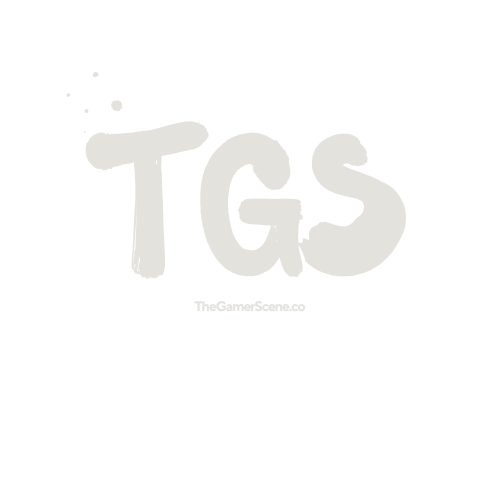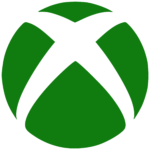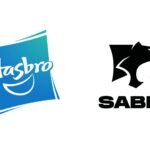Now Reading: Xbox Game Pass Adds Massive Titles While PlayStation Plus Faces Backlash Over Price Hike
-
01
Xbox Game Pass Adds Massive Titles While PlayStation Plus Faces Backlash Over Price Hike
Xbox Game Pass Adds Massive Titles While PlayStation Plus Faces Backlash Over Price Hike
Xbox Game Pass is making big moves this week, dropping a slate of critically acclaimed titles just as Sony’s PlayStation Plus faces growing criticism for recent price increases. Microsoft has added *Assassin’s Creed Valhalla*, *Resident Evil 2 Remake*, and *Octopath Traveler II* to its subscription service, bolstering a library that many players are now calling “the best value in gaming.”
Fans and analysts alike have praised Xbox Game Pass for consistently delivering popular games both for nostalgic returns and new experiences. *Resident Evil 2 Remake* remains a fan-favorite for horror and action fans, while *Octopath Traveler II* brings its acclaimed pixel-art RPG style to a whole new audience. *Assassin’s Creed Valhalla*, meanwhile, continues to draw in gamers with its expansive open-world Viking saga. All three drops went live this week and are available across PC, console, and cloud for Game Pass Ultimate subscribers.
Meanwhile, PlayStation Plus is facing backlash following a controversial price hike rolled out earlier this month. Sony increased the annual cost of the PlayStation Plus Essential tier by $20, pushing it from $59.99 to $79.99 per year in many regions. The move was met with frustration across the PlayStation community, especially due to a lack of high-profile game drops alongside the pricing change.
On gaming forums and social media, comparisons between the competing services have flared. “Game Pass just keeps winning. With these additions, it makes PS Plus feel stale in comparison,” one Reddit user wrote. Content creators and influencers have mirrored that sentiment, many updating their recommendations in favor of Xbox Game Pass as the service of choice for budget-conscious gamers.
Sony has yet to respond directly to the criticism but reaffirmed earlier this month that the price hike “reflects the evolving value” of the service. Still, with Xbox Game Pass offering compelling day-one releases and beloved third-party titles, players are scrutinizing what they’re getting for their subscription dollars.
As the subscription service wars heat up, Microsoft appears to be doubling down on content — and it might be paying off.





















